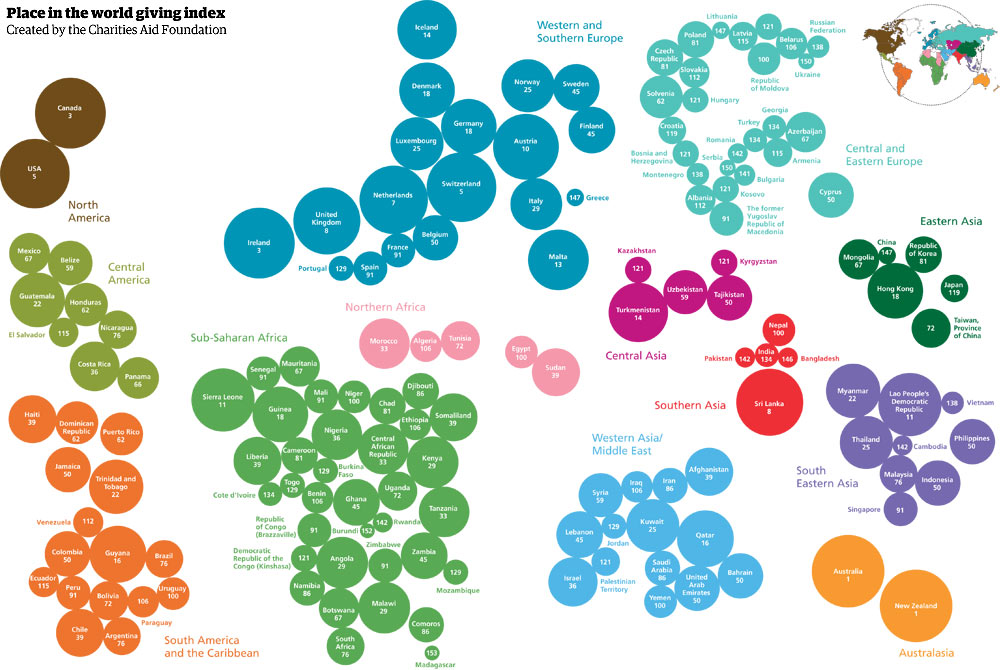Does the "philanthropy" of the wealthy redistribute wealth & do good? No, not really.
"A lot of elite philanthropy is about elite causes. Rather than making the world a better place, it largely reinforces the world as it is. Philanthropy very often favours the rich".
"In the US, which statistics show to be the most philanthropic of
nations, barely a fifth of the money donated by big givers goes to the
poor. A lot goes to the arts, sports teams and other cultural pursuits, and half goes to education and healthcare." Elite institutions benefit most from elite giving. The global 1% only give away 2.5% of their net worth.
https://www.theguardian.com/society/2020/sep/08/how-philanthropy-benefits-the-super-rich
https://www.forbes.com/sites/rachelsandler/2022/09/27/the-forbes-philanthropy-score-2022-how-charitable-are-the-richest-americans/?
The least well off donate 4.5% of income to good causes. But we need to dig deeper into what is really a "good cause". Charity law goes back to the 1601 Charitable Uses Act. There are 4 categories of charity, relief of poverty, advancement of religion, education and other benefit to the community. I can't help feeling this is past it's sell by date & should be reviewed. The world has changed in 423 years. For example I cannot understand how independent schools can justify their charitable & tax status. Labour have backtracked about removing this & say they would be able to enforce the same tax obligations by simply mandating that private schools pay VAT and business rates.This removes having to go through the onerous process of changing the law to take away their charitable status.
Wealthy donors get tax breaks for their "generosity". Many also make sure that everyone knows how "generous" they are. Most obviously in the arts & sport. For example The Neubauer family make very sure that you know they sponsor the Met opera live streaming.
For all these reasons it is arguable that charitable giving by "ordinary" people is far more generous, better supports charities with real need, & re-distributes wealth, far more than elite giving. "Children in Need" for example has raised more than £1 billion for disadvantaged children & young people between 1980 - 2023.
Some British charities are very good at arranging fund raising spectaculars.
https://tfn.scot/lists/the-UKs-25-biggest-fundraising-events
My issue with this is that it is hugely biased. The top 4 are Cancer charities. 15 of the 25 charities are Cancer charities. Only 5 are for children & young people. Only 4 are other health charities. For this reason I never give to cancer charities. I try to give to smaller niche charities. Direct debits help them to plan knowing they have an income stream. Big donations can help charities deal with emergency situations.

The US is 6th. The UK is 8th.
I also think it is important to know how much a charity spends on overheads & how they raise money. I personally object to "Chugging" - persuading people to fill in direct debit forms so that they can make monthly donations to a charity. I never give, whether its in the street or on my doorstep.
No comments:
Post a Comment